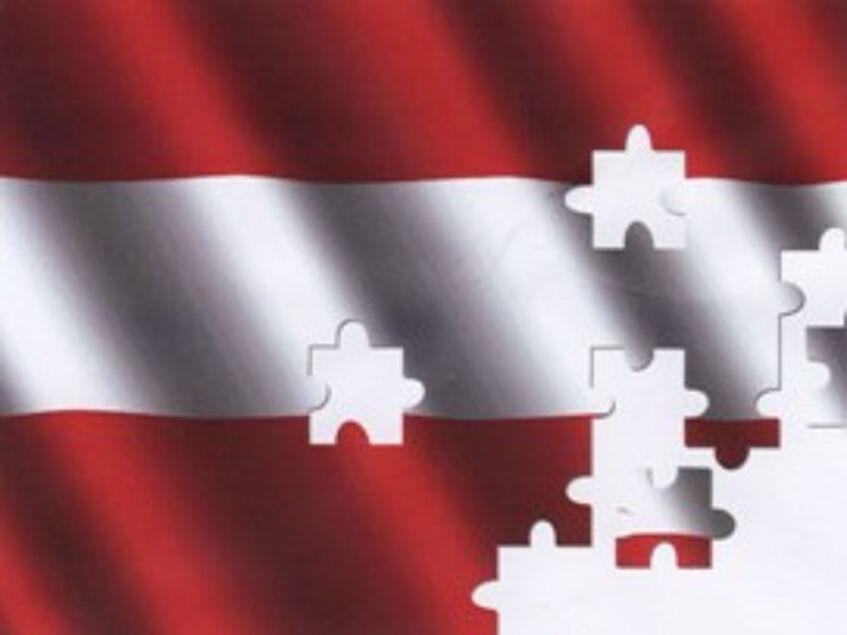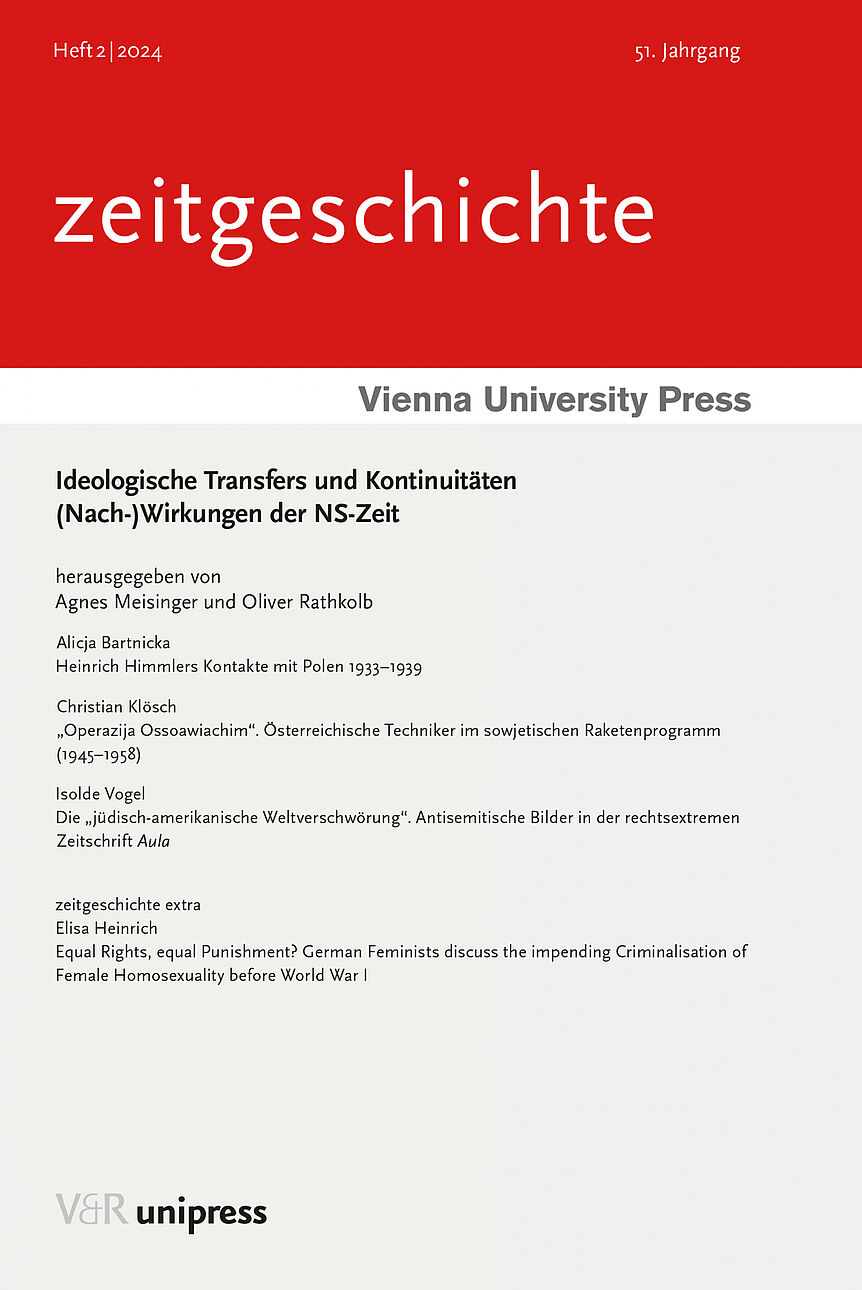
Austrian Contemporary History as the History of the Republic in International Comparison up to the Present
The examination of Austrian history in the 20th and 21st centuries from the perspectives of contemporary and modern history is facing fundamental changes. This research focus aims to actively shape these changes. The historical analysis of political, economic, social and cultural developments requires transnational approaches. International influences, mutual transfers, and the cross-border significance of events and processes promote a paradigm shift towards a more open, European historiography.
Austrian history is understood as part of a European and global development process and is analysed in a much more differentiated way through comparisons, networking and transfer analyses.
Interdisciplinarity and methodological diversity should be independently reflected upon by contemporary historians – the aim, following Bourdieu, is "the objectification of the subject of objectification, that is, of the analysing subject – in short, of the researcher himself". Otherwise, in practice, the opposite of what Bourdieu intended often arises, namely the hegemonic debate about a leading method. Here it is important to maintain openness that is appropriate to the topic, but also clarity in the selection of methods, and to critically take up trendy "turns" from the cultural to the visual to the memory turn.
Furthermore, the attempt to relate cultural-historical questions and methods to the political, social and economic is essential for the approaches chosen in the focus area. Politics is not only a process of social negotiation, but also a complex network of communication that leads to new constructions of reality at several levels. In this sense, an empirically based examination of symbolic practices, rituals, and actors is essential – fully in line with the performative turn.
The methodological opening is accompanied by an expansion of the periods under investigation. The postulate of comprehensive comparative research in a European and international context requires a departure from the traditional temporal boundary of the subject, which was oriented on Hans Rothfels's classic definition of contemporary history and saw the First World War as a "saddle period" that marked the beginning of contemporary history, so to speak. Instead, we are moving, as it were, in a historiographical crabwalk – the 19th century with its formative socio-economic developments is coming more into focus.
As at 13/2011


